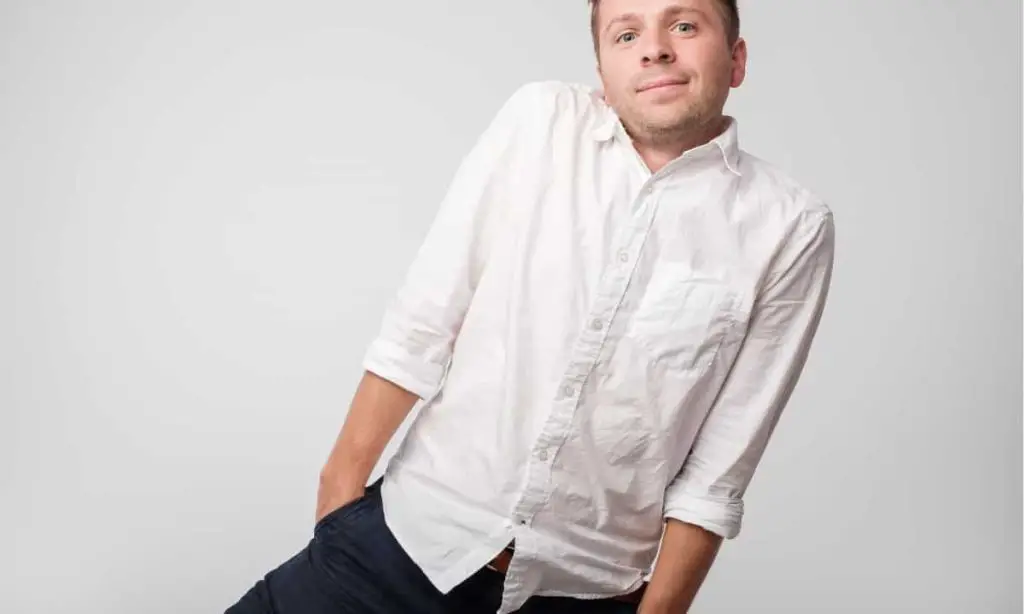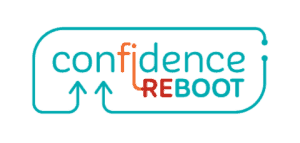
Have you ever noticed someone hiding their hands? Maybe they’re clasping them behind their back, stuffing them in their pockets, or even crossing their arms over their chest. What does it mean when someone hides their hands?
When someone hides their hands, it can indicate various emotions such as nervousness, discomfort, or insecurity. It’s a common non-verbal cue in body language that might suggest the person is withholding information or not feeling confident. However, context and cultural norms play a crucial role in interpreting this behavior accurately.
In this article, we’ll explore the psychology of hand hiding and what it might mean when someone does it. We’ll also discuss how to interpret hand hiding and what to do if someone hides their hands around you.
Table of Contents
What is the Psychology Behind Hiding Hands?
There are a few different reasons why people might hide their hands. Some common reasons include:
- Feeling insecure or uncomfortable. When people feel insecure or uncomfortable, they may try to hide their hands as a way to protect themselves. This is because the hands are often used in communication, and by hiding them, people can feel like they’re protecting themselves from being judged or evaluated.
- Trying to hide something. If someone is trying to hide something, they may also hide their hands. This could be anything from a physical object to a secret. For example, if someone is stealing something, they might hide their hands in their pockets so that no one can see what they’re doing.
- Feeling threatened or defensive. If someone feels threatened or defensive, they may also hide their hands. This is because the hands are often used in gestures of aggression, and by hiding them, people can try to appear less threatening. For example, if someone is in a heated argument, they might cross their arms over their chest to make themselves look bigger and more intimidating.
- Being dishonest or deceptive. In some cases, hand hiding can be a sign of dishonesty or deception. This is because people who are lying or trying to deceive others often try to hide their hands as a way to conceal their nervousness or guilt. For example, if someone is asked a question that they don’t want to answer, they might clasp their hands together or stuff them in their pockets.
How to Interpret Hand Hiding
When you’re trying to interpret hand hiding, context is king. The same gesture can mean different things in different situations. For instance, if someone is hiding their hands during a job interview, it could be a sign of nervousness or insecurity.
They might be feeling the pressure and trying to control their body language. On the other hand, if someone is hiding their hands in a crowded room, they might just be trying to avoid accidental contact or protect their personal space.
Now, here’s a pro tip: don’t just focus on the hands. Body language is a symphony, and every part plays a role. So, look for other nonverbal cues. If someone is hiding their hands but their eyes are darting around, avoiding contact, it might be a sign of dishonesty or discomfort.
But if they’re hiding their hands while maintaining eye contact and nodding along to the conversation, they might just be deeply engaged in listening.
Remember, body language is multifaceted. If you notice someone hiding their hands around you, don’t jump to conclusions. Instead, approach the situation with empathy and openness. You can ask gentle, non-confrontational questions to understand their comfort level.
For example, you might say, “I noticed you seem a bit uncomfortable. Is there anything I can do to help?” This shows that you’re observant and caring, and it can help the other person feel more at ease.
Here are a few more tips to help you master the interpretation of hand hiding:
- Look at the facial expressions: If someone is hiding their hands but their face is relaxed and they’re smiling, it’s less likely that they’re doing it for negative reasons.
- Consider cultural norms: In some cultures, certain hand gestures can be considered rude. If someone from such a culture is hiding their hands, they might just be trying to avoid unintentionally offending others.
- Assess the situation: As I said before, context matters a lot. If someone is hiding their hands during a high-stakes negotiation, it might be a sign of nervousness. But if they’re doing it at a crowded event, they might just be trying to navigate the space without bumping into others.
Remember, interpreting body language, including hand hiding, is about understanding, not judging. It’s a tool to help us communicate better and build stronger, more authentic connections.
So, keep practicing, stay open-minded, and most importantly, have confidence in your ability to understand others and make yourself understood.
What Does it Mean When a Person Sits on Their Hands?
Sitting on one’s hands can have different interpretations based on the context and the individual’s usual behavior.
Here are a few possible interpretations:
- Self-restraint: Sitting on one’s hands can be a physical manifestation of self-restraint. The person might be trying to control their impulses or refrain from acting in a certain way.
- Discomfort or nervousness: If a person is feeling uncomfortable or nervous, they might sit on their hands as a way to soothe themselves or hide their nervousness.
- Coldness: In a very practical sense, a person might sit on their hands to warm them up if they’re feeling cold.
- Boredom or impatience: Sometimes, people might sit on their hands when they’re bored or impatient, as a way to physically control their desire to move or fidget.
Remember, these interpretations are not definitive and can vary greatly depending on the individual and the situation. Body language can be very nuanced, and it’s best interpreted in conjunction with other nonverbal cues and the overall context.
What Does Closed Hands Mean in Body Language?
Closed hands in body language, often referred to as clenched fists or hands, can have different interpretations based on the context and the individual’s usual behavior.
Here are a few possible interpretations:
- Anger or frustration: Clenched fists are often associated with anger or frustration. When a person is feeling these emotions, they might unconsciously clench their hands into fists.
- Determination or resolve: Closed hands can also symbolize determination or resolve. For instance, someone might clench their fists when they are gearing up to face a challenge or make a difficult decision.
- Defensiveness: If a person feels threatened or defensive, they might close their hands as a protective gesture.
- Anxiety or stress: Sometimes, people might clench their hands when they are feeling anxious or stressed, as a way to release tension.
Again, these interpretations are not definitive and can vary greatly depending on the individual and the situation.
What to Do if Someone Hides Their Hands
This can be a tricky situation, but with a little understanding and empathy, you can navigate it like a pro.
- Observe the Context: The first step is to understand the context. Are you in a formal setting, like a business meeting, or a casual one, like a social gathering? The context can provide clues about why someone might be hiding their hands.
- Consider Cultural Norms: Different cultures have different norms when it comes to body language. In some cultures, hiding hands might not signify anything unusual. So, it’s important to consider cultural backgrounds when interpreting body language.
- Look for Other Non-Verbal Cues: Hiding hands is just one aspect of body language. Look for other signs such as facial expressions, posture, and eye contact. If these also indicate discomfort or nervousness, the person might be feeling uneasy.
- Communicate Openly: If you feel comfortable doing so, you might want to address the situation directly. Ask if the person is okay or if there’s anything they’d like to discuss. Remember to approach the conversation with empathy and respect.
- Offer Reassurance: If the person seems nervous or uncomfortable, try to reassure them. This could be through positive affirmations, a friendly demeanor, or simply by listening to what they have to say.
- Respect Their Space: If someone is consistently hiding their hands, it might be a personal habit or a sign that they need some space. Respect their body language signals and give them the space they need.
Frequently Asked Questions
Do people hide their hands when they lie?
While it’s not accurate to say that all people hide their hands when they lie, it is a common behavior observed in some individuals. Hiding hands, such as placing them in pockets or behind the back, can be a subconscious attempt to conceal nervous gestures or fidgeting that might reveal deceit. While hand hiding can be a potential sign of lying, it should not be used as a standalone indicator of dishonesty.
What does it mean when someone fidgets with their hands?
Fidgeting with hands is a common body language cue that can indicate a range of emotions or mental states. It can be a sign of nervousness or anxiety, where the individual may unconsciously fidget to release tension. Boredom can also lead to fidgeting as a way to self-stimulate in the absence of engaging activities. Restlessness or impatience can manifest as fidgeting, reflecting a desire to move or act. Interestingly, some people fidget when they’re concentrating or problem-solving, which can aid their focus. However, these interpretations aren’t definitive and can vary based on the individual and context. It’s crucial to consider other nonverbal cues and the overall situation when interpreting body language.
Conclusion
Hand hiding is a complex behavior that can mean different things depending on the context. It’s important to consider all the factors before making an interpretation. By following the tips in this article, you can learn to better understand the meaning of hand hiding and how to interpret it.

